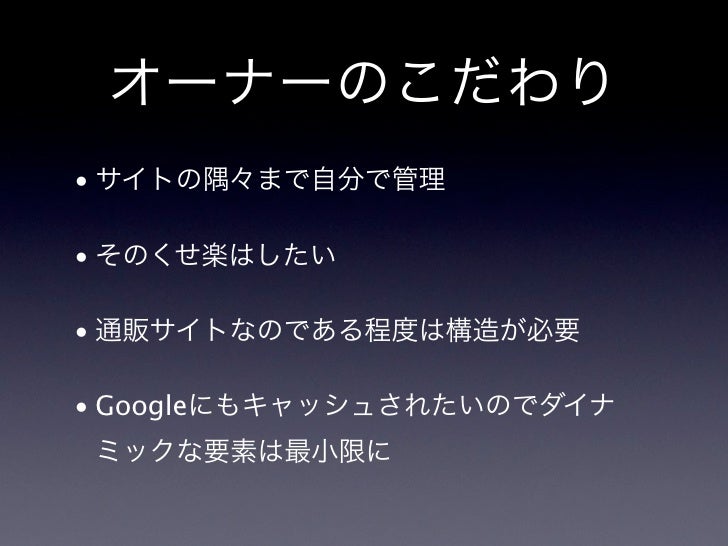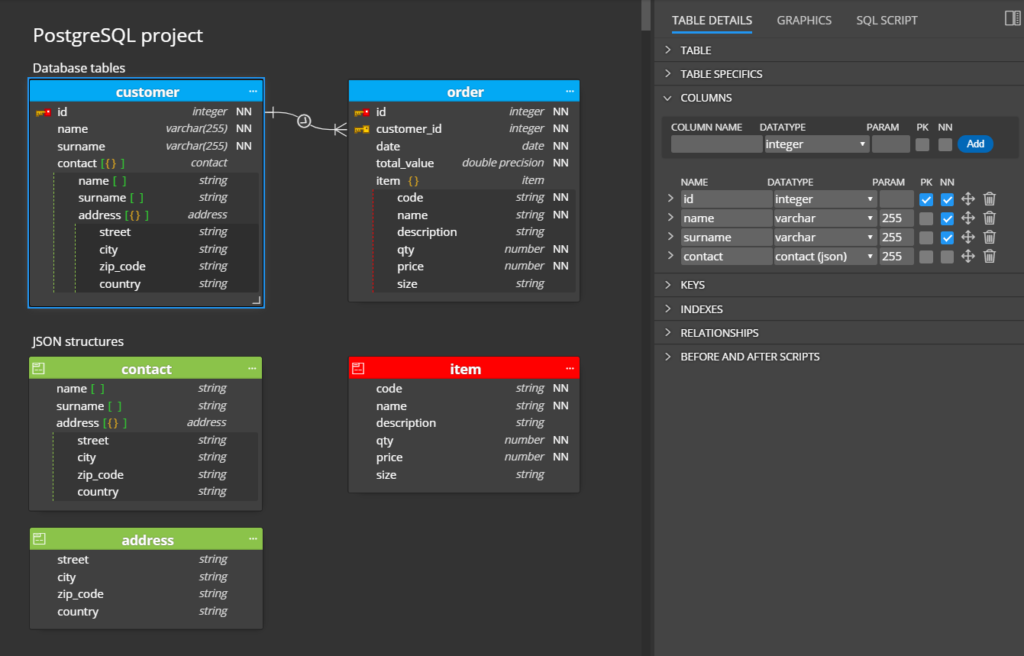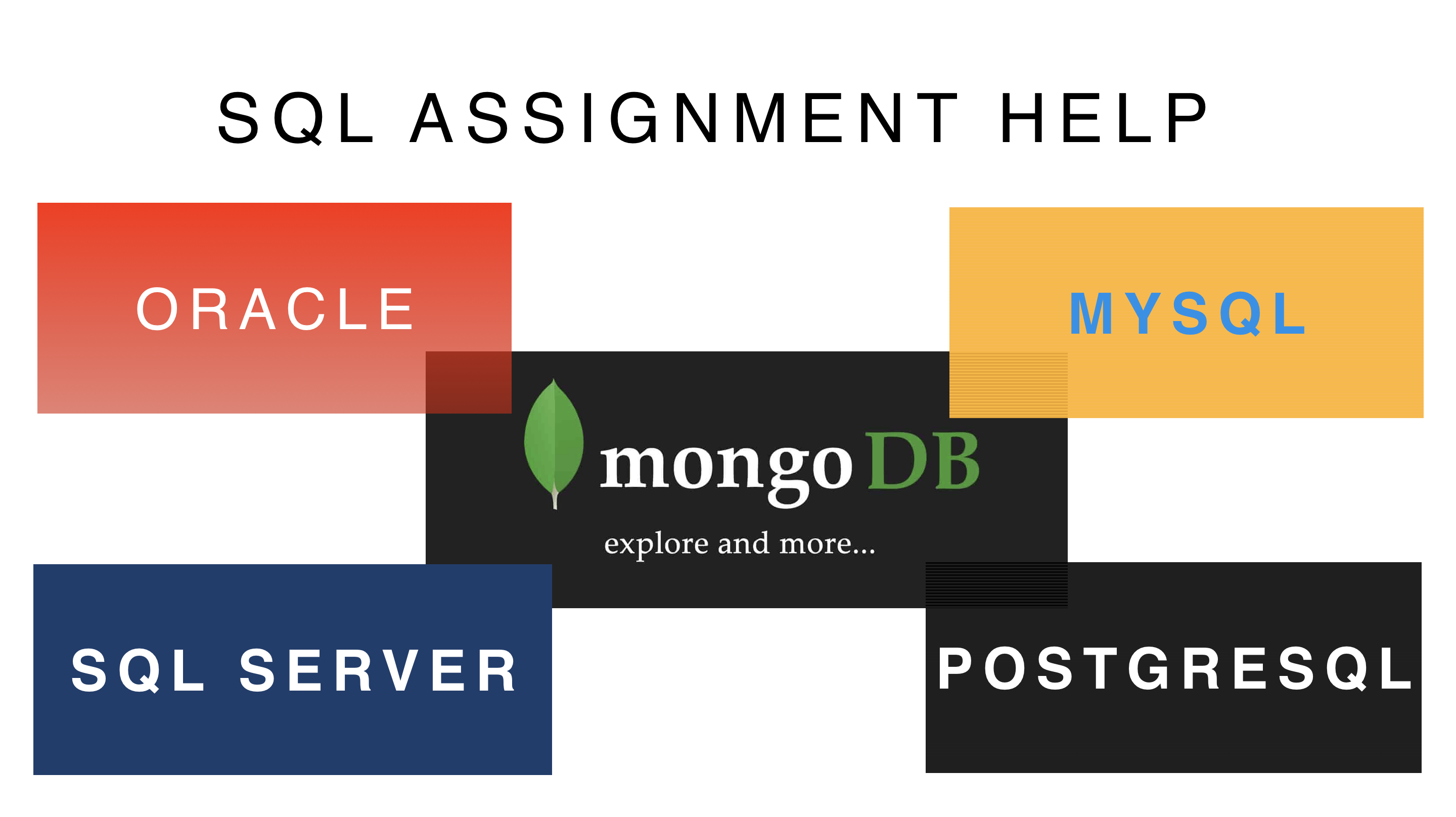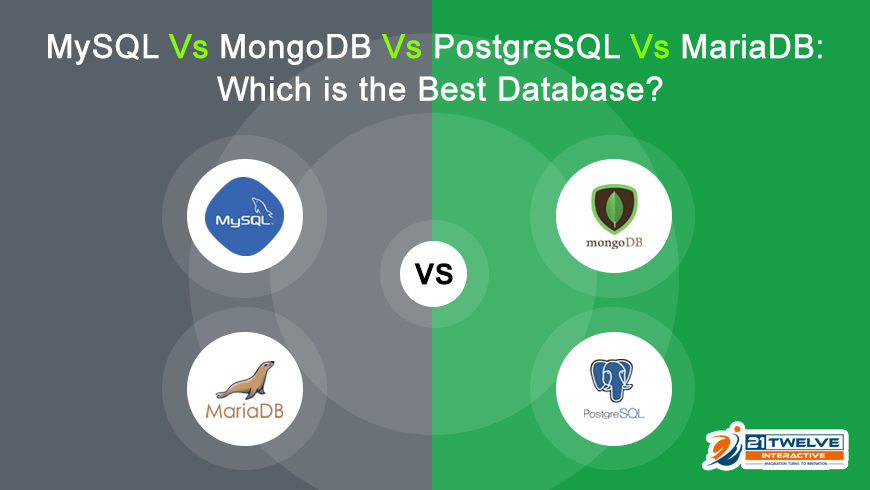

- #Mongodb or postgresql how to#
- #Mongodb or postgresql update#
- #Mongodb or postgresql driver#
- #Mongodb or postgresql series#
Use each of them for the right use case vs. If that website is going to store traceable audit records for payments, etc. For example, Using NoSQL for websites is a great idea. If you need rigid normalization where multiple (different) apps are hitting the same data source and where integrity is the ultimate of importance over more speed, use an RDBMS. Many times NoSQL runs almost entirely in memory with extreme speed if big enough boxes are purchased. With MongoDB for example, you would typically wonder if you'd better use a more convenient embedded model or a more performant normalized model.
#Mongodb or postgresql update#
If you need JSON to eliminate data transformation latencies in distributed web platforms, denormalize for speed while having fast JSON element indexed access to free form structures, always use NoSQL. In the document database, you need to analyse further the main path of access, and trade-offs between update cost and retrieval performance, and make design choices. That JSON data type in an RDBMS like Postgres is like putting a square peg in a round hole.

One being an RDBMS while the other is NoSQL. Honestly, these two are really two different animals with different use cases.
#Mongodb or postgresql driver#
When I leveraged the async JDBC driver with Mongo, then MongoDb performance well exceeded past PostGres by 8x. I did a POC between these a couple of years back and they were pretty neck in neck with synchronous JDBC drivers. I hope more LinkedIn users share my enthusiasm, will share their results, and discuss them in this thread.

The more participation we can get, the more other folks review the benchmarks, run them and improve them, the closer we will get to knowing the truth. Ongres is open to letting others rerun the tests, improve them, and maybe even prove them wrong - it’s 100% open source.Īs an engineer, and open source advocate, I am curious what others think about these benchmarks. Ongres published all their settings, the data set, and the automation tools that they used at.
#Mongodb or postgresql how to#
Impressive, but not helpful to those who want to know how which database to choose or how to optimize performance. Nevertheless, MongoDB claims to be 240 times faster than Postgres! The problem is that they didn’t explain how they did it - it’s like David Copperfield pulling a rabbit out of the hat. The benchmark results showed that MongoDB is slower by orders of magnitude, across the board (except for tiny databases).Īs expected, MongoDB didn’t let this rest and responded with, but failed to publish the details of their benchmark, the tuning, the indexes, etc.
#Mongodb or postgresql series#
Also, Prisma provides an exclusive interface for GraphQL implementation, so you can easily write GraphQL interface with Prisma.Ongres, sponsored by EnterpriseDB, ran a series of open source benchmarks comparing MongoDB and Postgres in multiple use cases (OLTP, OLAP, and transactional).

The benefits of using Prisma is that it auto-generates the TS models and makes it much easier to interact with the database in typescript.Īs GraphQL and Prisma are both strict in type usages, they match quite well. Prisma on the other hand is a node.js/typescript ORM library - similar to mongoose or sequelize. On the backend side tho, you need to implement the GraphQL interface that reads data from the database and sends as the Query response, and updates the database with the data from the Mutation. Like the REST API, GraphQL is another type of API format where we can use Queries to get data and Mutations to update data.Īs the REST API doesn't depend on the database type, GraphQL can also be used with any database as long as the data can be formatted into type-strict models. GraphQL is a query language that we can use to interact with the API. Hope this could be a help for new developers who are starting to learn GraphQL and Prisma. So I've decided to add some more thoughts as I'm now quite familiar with GraphQL and Prisma. Looking back to this a bit old question, I noticed that the question was so dumb and a bit too wide. Prisma is a node.js/typescript ORM library and works great with GraphQL. GraphQL can be used with any database as long as the data satisfies the type-strict qualification. However I wonder if I can use GraphQL for existing databases such as mongoDB or mySQL. I have started learning GraphQL and found that GraphQL is an awesome query language.


 0 kommentar(er)
0 kommentar(er)
